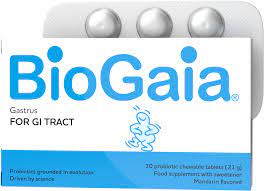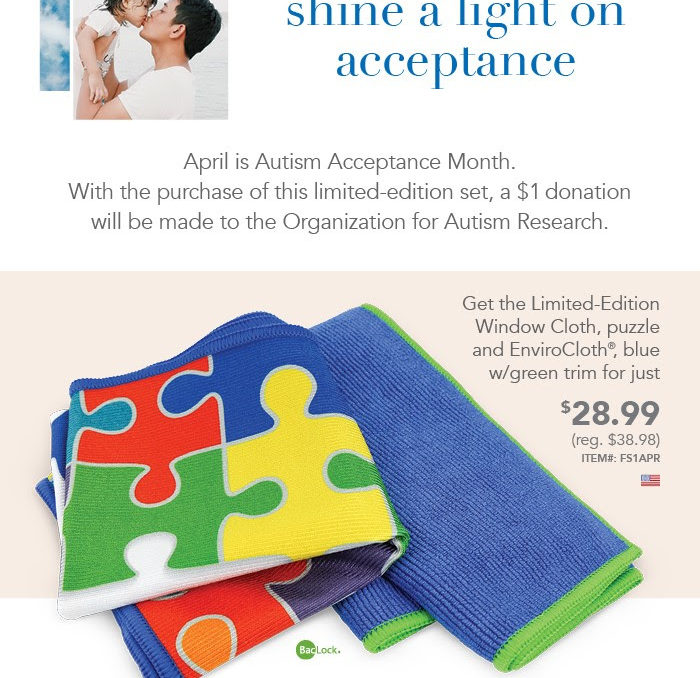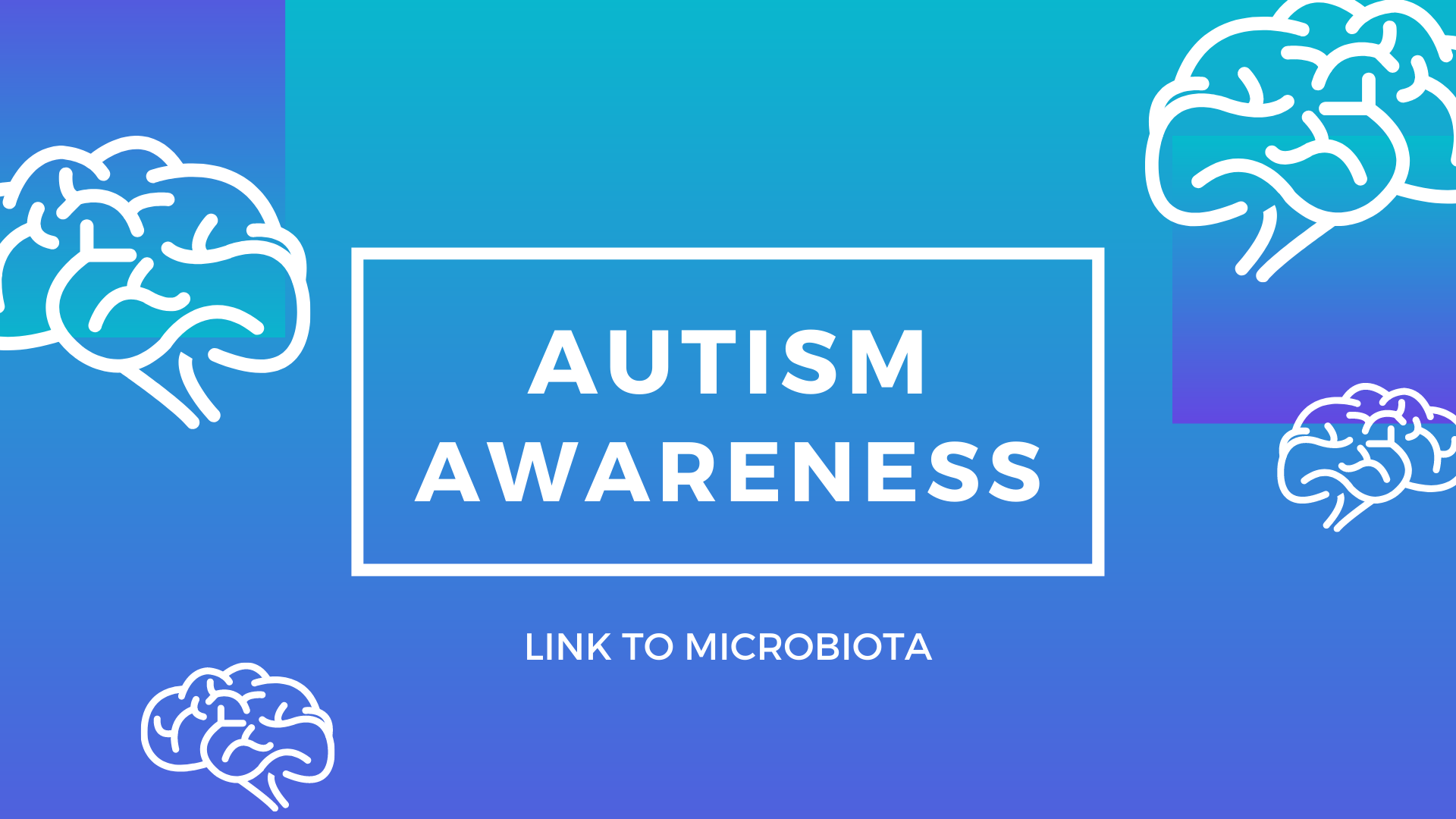April is Autism awareness month so I had to write about what science has to show in the field of microbiota related to this disorder.
Everything is relative in this world. Until recent advances in the field of human microbiome we thought that we are just humans. It appears now that zillions of non-harmful bacteria residing within our bodies are actually very important to our health. These tiny creatures seem to be involved in major processes in our bodies and may help us understand the developments of some puzzling conditions. One of such conditions is autism-spectrum disorder (ASD).
According to American Psychiatric Association ASD is a complex developmental condition that is characterized by “persistent challenges in social interaction, speech and nonverbal communication, and restricted/repetitive behaviors”. Nowadays, it is estimated that 1 in 59 children is being diagnosed with autism and this number is rising. Not to mention the emotional burden the family of a child with this condition has to go through it is also extremely costly to raise a child with a disability such as autism. It is estimated that raising an autistic child in Canada can vary from $26,000 to $130,000 a person. In addition to the cost these children will turn into adults within the next 15 years and will require a lot of support and assistance from the society and new and effective treatments.
Significant discoveries in gut microbiomes related to ASD
 In addition to genetic markers gut microbiota differs in typically or “normally” developing children and ASD individuals. Children with ASD often have gastrointestinal issues which are associated with microbial dysbiosis. Even though there is no consensus yet there is some evidence that children with ASD have a more permeable gut – a condition which is also known as “leaky gut”. Bacterial dysbiosis and “leaky gut” may lead to the passage of microbial toxins, LPS and other metabolites secreted by pathogenic microbes. These molecules can activate the immune response and contribute to inflammation. The inflammation in its turn may affect the development of central nervous system (CNS). Previous research in gut microbiota indicated the significance of microbial composition in the development of nervous system. Prenatal and postnatal periods appear to be equally important for brain development. Loss of maternal vaginal Lactobacillus caused by different factors like stress, antibiotic therapy, inadequate nutrition, obesity, diabetes, eczema and viral infections leads to reduced numbers of these beneficial bacteria in babies. Birth mode (vaginal or C-section), nutrition (breastfeeding or formula) and environment play an important role in the formation of infant microbiota.
In addition to genetic markers gut microbiota differs in typically or “normally” developing children and ASD individuals. Children with ASD often have gastrointestinal issues which are associated with microbial dysbiosis. Even though there is no consensus yet there is some evidence that children with ASD have a more permeable gut – a condition which is also known as “leaky gut”. Bacterial dysbiosis and “leaky gut” may lead to the passage of microbial toxins, LPS and other metabolites secreted by pathogenic microbes. These molecules can activate the immune response and contribute to inflammation. The inflammation in its turn may affect the development of central nervous system (CNS). Previous research in gut microbiota indicated the significance of microbial composition in the development of nervous system. Prenatal and postnatal periods appear to be equally important for brain development. Loss of maternal vaginal Lactobacillus caused by different factors like stress, antibiotic therapy, inadequate nutrition, obesity, diabetes, eczema and viral infections leads to reduced numbers of these beneficial bacteria in babies. Birth mode (vaginal or C-section), nutrition (breastfeeding or formula) and environment play an important role in the formation of infant microbiota.
Scientist all over the world are trying to solve this puzzle. A group of scientists in Boston found there are microbial signatures in the gut and saliva that differentiate ASD patients and neurotypical controls. This research can potentially help develop tests and future treatments.
The study published this month in the Journal of mSystem discovered that the as the severity of ASD symptoms changes overtime so does microbiota diversity.
Behavioral modulation with Lactobacillus reuteri
 One of examples how diet-induced maternal obesity changes maternal microbiome and subsequently alters the microbiome of offspring in mice was shown in the recent study by scientists from Baylor College of Medicine. These researchers hypothesized that altered microbiome, specifically the lack of one particular bacterium – Lactobacillus reuteri, was associated with the autism-like behavior in mice. Indeed, mice born to mothers fed by a high fat diet had significantly reduced numbers of Lactobacillus reuteri and had impaired social behavior. The most striking result of this study was that baby mice born to mothers fed by a high fat diet supplemented with Lactobacillus reuteri had completely normal social behavior. This study was one of the first to demonstrate that changes in gut microbiome can lead to modulation of brain development and function.
One of examples how diet-induced maternal obesity changes maternal microbiome and subsequently alters the microbiome of offspring in mice was shown in the recent study by scientists from Baylor College of Medicine. These researchers hypothesized that altered microbiome, specifically the lack of one particular bacterium – Lactobacillus reuteri, was associated with the autism-like behavior in mice. Indeed, mice born to mothers fed by a high fat diet had significantly reduced numbers of Lactobacillus reuteri and had impaired social behavior. The most striking result of this study was that baby mice born to mothers fed by a high fat diet supplemented with Lactobacillus reuteri had completely normal social behavior. This study was one of the first to demonstrate that changes in gut microbiome can lead to modulation of brain development and function.
Vancomycin study
Another study demonstrating the importance of microbiota in the onset of autism was done by combined efforts of researchers from Los Angeles School of Medicine and Rush Children’s Hospital in Chicago. They showed that short term treatments with broad spectrum antibiotic vancomycin improved social behavior of children with ASD. This again shows that Gut Microbiota plays an important role in ASD.
Microbiota Transfer Therapy as an alternative treatment
Researchers from Arizona State University believe that the key to autism lies in gut microbiota. They checked their hypothesis by transferring gut microbiota from healthy individuals to children with severe autism symptoms. Fecal microbiota transplantation (FMT) has been successfully used for treating Clostridium difficile infection for years. Microbiota transfer therapy (MTT) is a prolonged and more intense version of FMT that included the series of microbiota transfers as well as vancomycin and Prilosec treatments. Scientists monitored these children throughout the next couple of years after the treatment was completed. They found that not only their microbiota composition was positively altered but dramatic social and behavioral improvements were also seen. These improvements remained even two years post treatment. The results of this long-term study is very encouraging and MTT seems to be a very robust and effective method that could offer new and additional options for treating ASD patients.
Another significant study lead by the scientific group of Dr. Mazmanian demonstrated that disturbed microbiota alone maybe the cause of autism-like behavior in mice. Specifically, they took microbiota from severely autistic human donors and transferred it to typical developing control mice and revealed that colonization with ASD microbiota is enough to induce autism-like behaviors.
Current treatment and future perspectives
There are several limitations of the previously mentioned studies. One of them is that most of the behavioral studies have been done in mice and rats which is often hard to translate to humans. The studies with MTT done in Arizona State University are very promising however they were open-label trials without a control for placebo effect. Future studies have to really address this limitation above and look into more factors like genetics, diet and environment.
Currently used intervention involve behavioral treatments, medicines or both. Many people with autism have additional medical conditions such as sleep disturbance, seizures, gastrointestinal symptoms, ADHD, anxiety and others.
Current behavioral interventions of ASD include, but not limited to:
- Applied behavior analysis
- Occupational therapy
- Speech therapy
There is no one size fits all approach when it comes to treating autism. Finding the best and knowledgeable specialists in the field is always the key. Combination of different approaches like behavioral therapies, medication use, reevaluating the diet and lifestyle in general may help improving the ASD symptoms before other more effective therapies appear on the market.
If you would like to learn more about microbiota-gut-brain connection watch my lecture presented a few years ago at TACA in Denver, Colorado.
SUPPORT A GOOD CAUSE
I love supporting companies that care about our health, environment and support good causes. One of such companies is Norwex. I will have to write a separate post why I love their products so much and how they changed my life and the life of many of my followers and clients. Today they are running a special deal to support Autism Research.
These amazing cleaning clothes will help you do most of your cleaning with just water! No toxic or any other sort of chemicals required. And they will last you for years. By purchasing these clothes you will gains something incredible useful for your family but also contribute to Autism research. Use THIS LINK to check our the deal. And join my FREE Facebook Group on how you can clean green and microbiome friendly.

Photo Credit: PIXABAY / geralt

